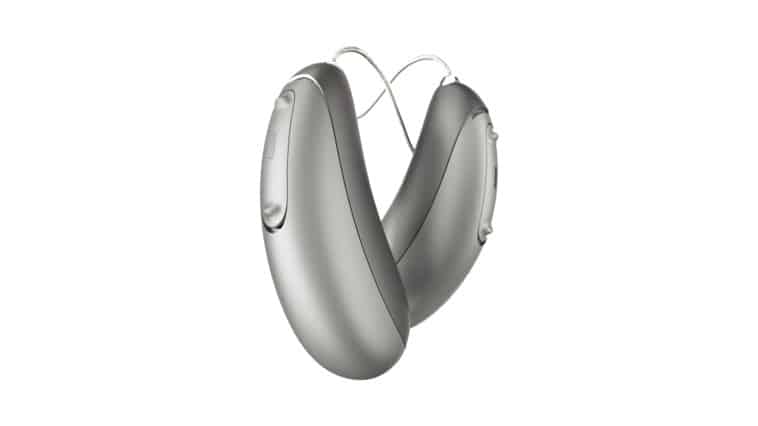0% financing available. Up to 3-year loss and damage guarantee.

Preparing for Retirement with Hearing Loss
- Navigating the Conversation: The Significance of Thoughtful Disclosure in Hearing Loss - December 10, 2023
- The Sound of Dreams: Understanding How Hearing Loss Impacts Dreaming - November 7, 2023
- Traveling Effectively with Hearing Aids - October 16, 2023
Whether your dream of retirement involves sandy beaches and palm trees, or spending more time with the grandkids, its something many of us have been preparing for and pondering about for years. You know you need money to cover living expenses, medical needs, and of course some fun, but are you also taking hearing health into consideration? Because age-related hearing loss effects 1 in 3 people aged 65-74 and 1 in 2 people 75 and older, chances are that you or your spouse will experience hearing loss during retirement. Whether or not you already treat hearing loss or are simply taking precautions, there are a few steps you can take before you leave the workforce to help ensure you are well-prepared should hearing loss become an issue later in life.
- Start protecting your hearing today. No matter your age, it is never too early or too late to start protecting your hearing. Most often, hearing loss is caused by natural aging, excess exposure to noise, or a combination of the two. There are actions you can take to help protect yourself from noise-induced hearing loss. Investing in hearing protection is a great way to help protect your hearing during everyday noisy activities such as mowing the lawn or attending a baseball game. If you are employed at a loud workplace, reach out to your supervisor to inquire about the company’s hearing protection policies.
- Trade unhealthy habits for healthy ones. We all know that we should be eating healthier and exercising more, however, many people are not aware that these actions are also directly correlated with our hearing health. Our auditory system needs a strong circulatory system to stay healthy and active. Healthy foods high in potassium and folic acids help improve the blood flow to our ears, as well as regular exercise. Smoking and alcohol use can restrict the blood vessels in our ears – thus reducing or eliminating cigarettes and drinking can also help to protect our hearing.
- Know your baseline. More often than not, hearing loss is a slow and extremely gradual process that is often very difficult to detect. Even if you don’t have any current concerns regarding your hearing, it is smart to reach out to your local hearing healthcare specialists to schedule a comprehensive hearing screen. This way, you are aware of your current hearing profile and will be able to compare these results to any hearing assessment results you have in the future. Throughout retirement, you should also be prepared to take yearly hearing screens, as untreated hearing loss has been connected to many other issues including dementia.
- Have a financial plan for hearing aids. Most Americans wait about seven years from the time they notice changes in their hearing to the time they seek treatment from a professional. Once patients reach out for help, many are sticker-shocked by the price of hearing aids and end up waiting even more time before treating their hearing loss. Unfortunately, hearing aids are still not covered by Medicaid and are typically a financial investment. While most hearing healthcare centers offer financing options, it is still important to plan a budget for hearing aid purchases. You could consider starting a pre-tax health savings account where you can begin saving pre-retirement dollars to be spent on healthcare costs, including hearing aids.
- Understand the benefits hearing health. We understand that there is still some social stigma surrounding hearing loss and hearing aids. While the CDC estimates that hearing loss effects about 1 in 5 teenagers, some people still feel that treating hearing loss makes them seem “older”, when in fact, this is actually quite untrue. Many studies have found that people who decide to treat their hearing loss with hearing aids are considered more competent than those who do not treat their hearing loss. Those who treat their hearing loss also enjoy more active social lives, report feeling more connected to their loved ones, and report less feelings of depression or isolation. The use of hearing aids has also been shown to decrease the rate of cognitive decline and dementia such as Alzheimer’s disease.
If you have noticed some changes in your hearing or are simply curious about how to prepare for retirement with hearing health in mind, reach out to our friendly team at Advanced Tech Hearing Aid Center today. We look forward to walking with you on your journey into a happy and healthy retirement.

